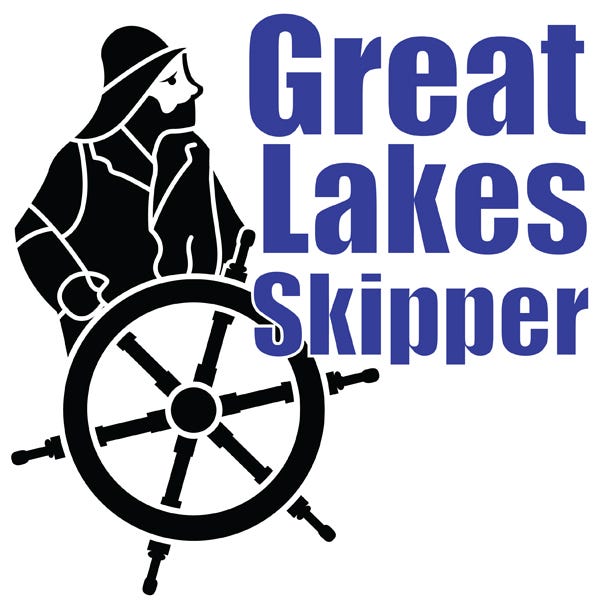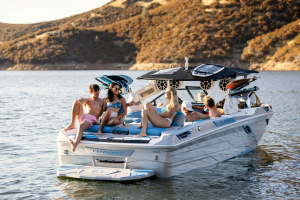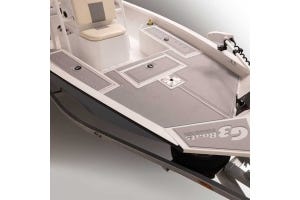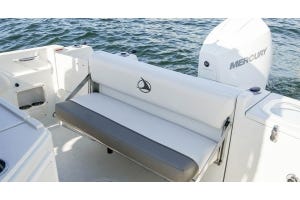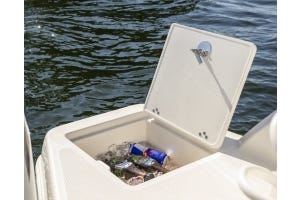Accidents Will Happen
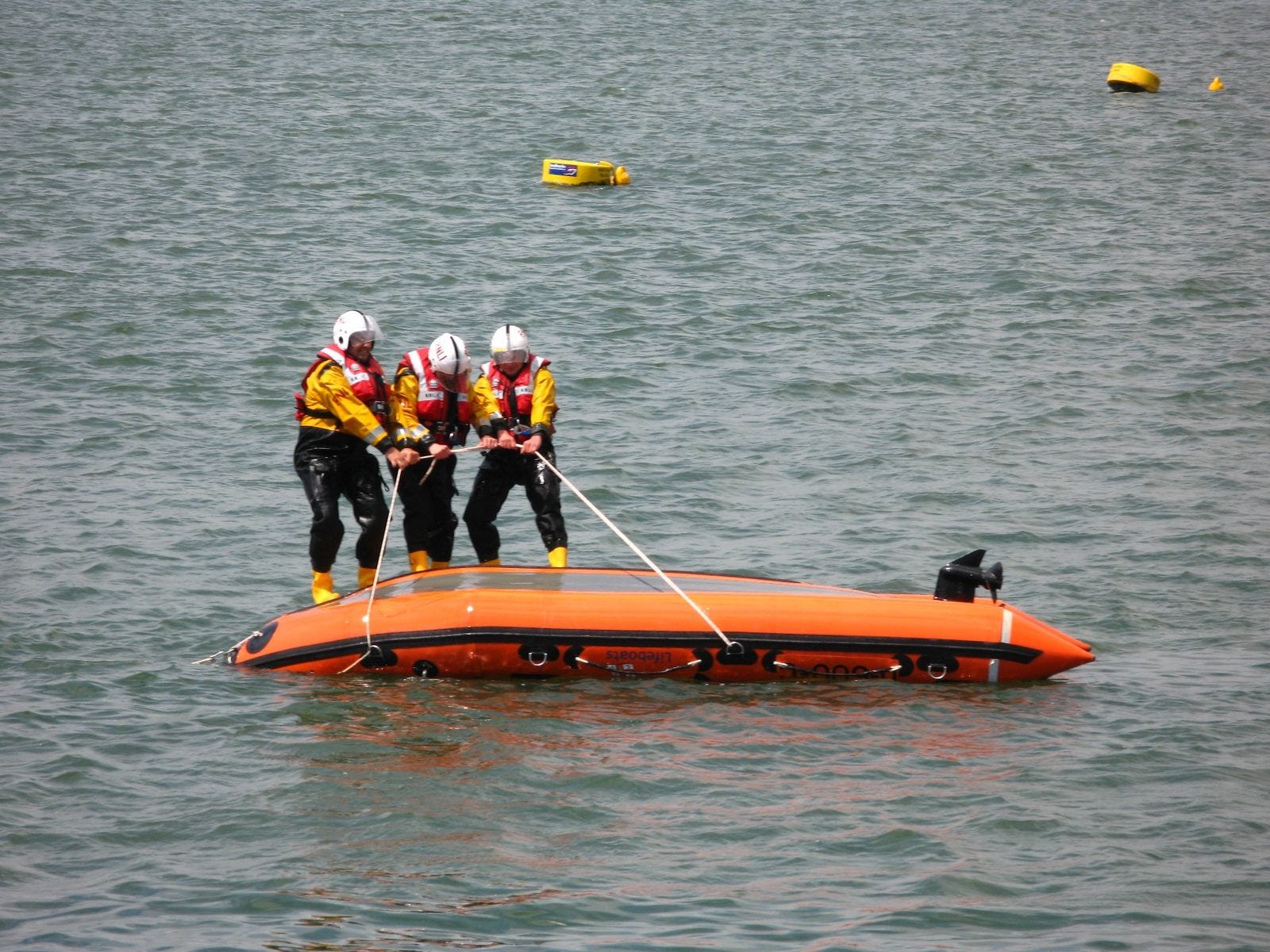

With several high-profile boating tragedies in the news lately, we wonder: when something goes wrong, will you be ready? Thorough preparedness for marine disasters is beyond the scope of a blog post, so the Skipper suggests taking a boater safety course. The Boat US Foundation has free boating safety courses for each state, and the United States Coast Guard Auxiliary has a list of safe boating classes, both fee-based and free. Here are five points for preparedness. File a float plan. Make sure someone knows when you're leaving, where you're going, and when you intend to return. This form from the United States Coast Guard Auxiliary can be filled out online and printed, or printed as is and filled out by hand. Leave a copy with a trustworthy person on shore. A float plan helps searchers know where to start looking for you if something goes badly wrong. Show 'em the ropes. Before casting off, show your passengers where the fire extinguisher, first-aid kit, and emergency signals are. Have a quick lesson in operating the bilge pump, the anchor, and the radio and other communication equipment. Wear it! We cannot overstate it: wearing a life jacket can make the difference between life and death. Merely carrying personal flotation devices aboard your boat is not enough. The law requires children to wear life vests while boating, and the North American Safe Boating Campaign recommends that all passengers wear life jackets. If your adult passengers won't wear a PFD, have them at least hold onto one or keep it within easy reach. Consider clipping an inexpensive signal whistle to each life jacket; whistles can aid rescue if the worst happens. Man overboard? As soon as someone accidentally goes in the water, alert the person driving the boat and keep your eyes on the person in the water. If you're the one driving, stop the boat immediately. Throw a ring buoy or PFD to the victim and carefully bring the boat close to pick him or her up. If another person needs to go in after the victim, he or she must wear a life vest and be connected to the boat by a safety line. In calm water, recovering a conscious fallen passenger need not be very difficult, but water temperature and the passenger's health can complicate matters. Read more on handling man-overboard situations at the Boat US Foundation. Keep calm. So much easier said than done, right? Freaking out can make a bad situation worse, so take a breath, and then take action. If your boat tips or swamps, get your passengers into their life vests right away. Take a head count and stay together. Call for help using your radio or cell phone. If you can't get the boat righted and you wind up in the water, stay with the boat. Don't exhaust yourself or your signaling devices; take turns signaling and try to do so only when another boat or aircraft is within sight. Instead of shouting, use a whistle and save your vocal cords. As we said at the beginning, being prepared to handle a boating accident takes more than reading a short blog post. Take a look at the resources below from the Boat US Foundation, and do consider taking a boating course. It's an investment that might save a life someday. If You Run Aground Dealing With An Accident
